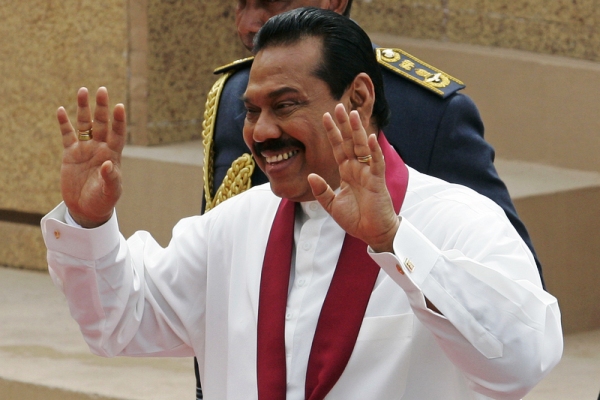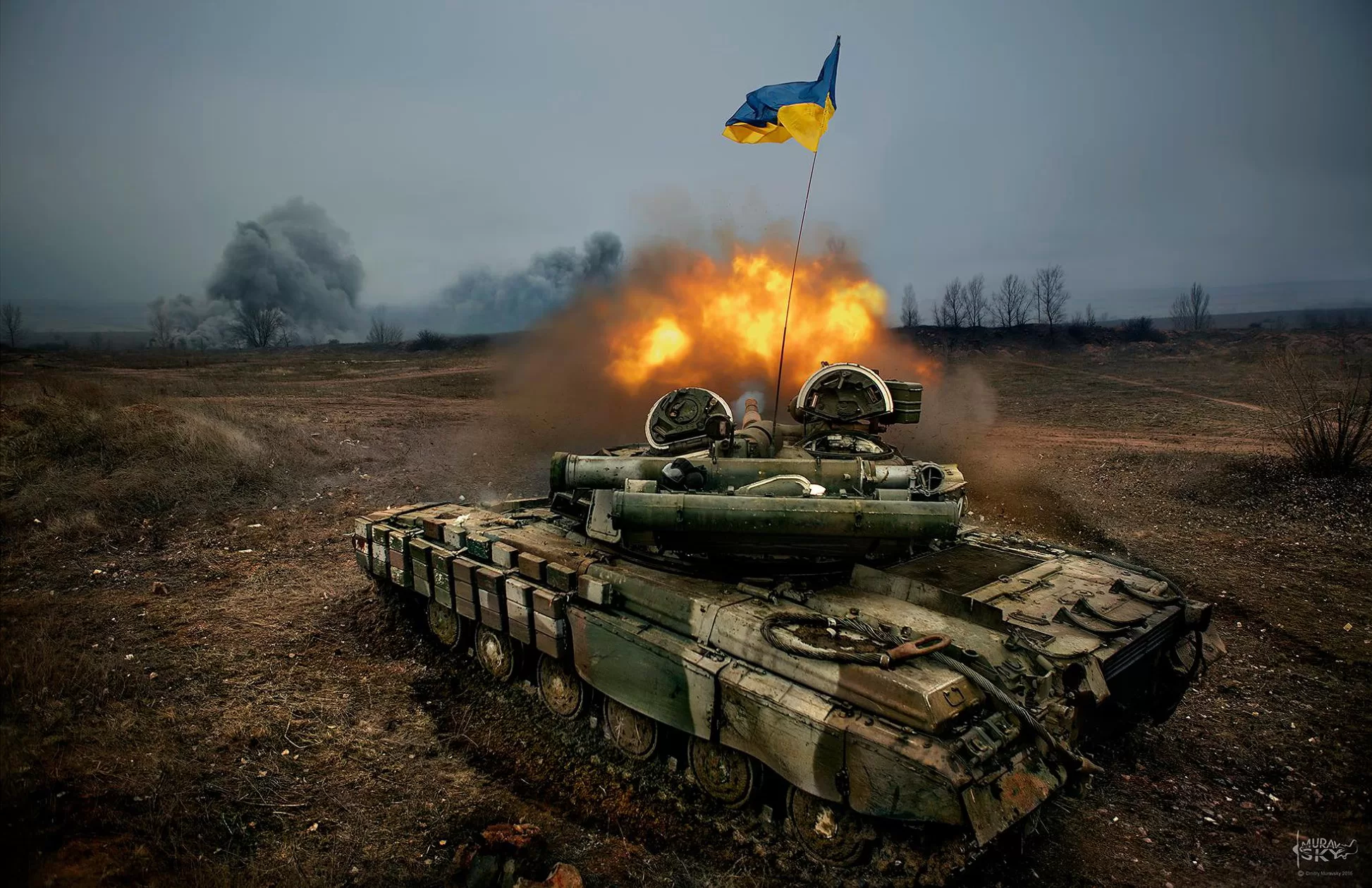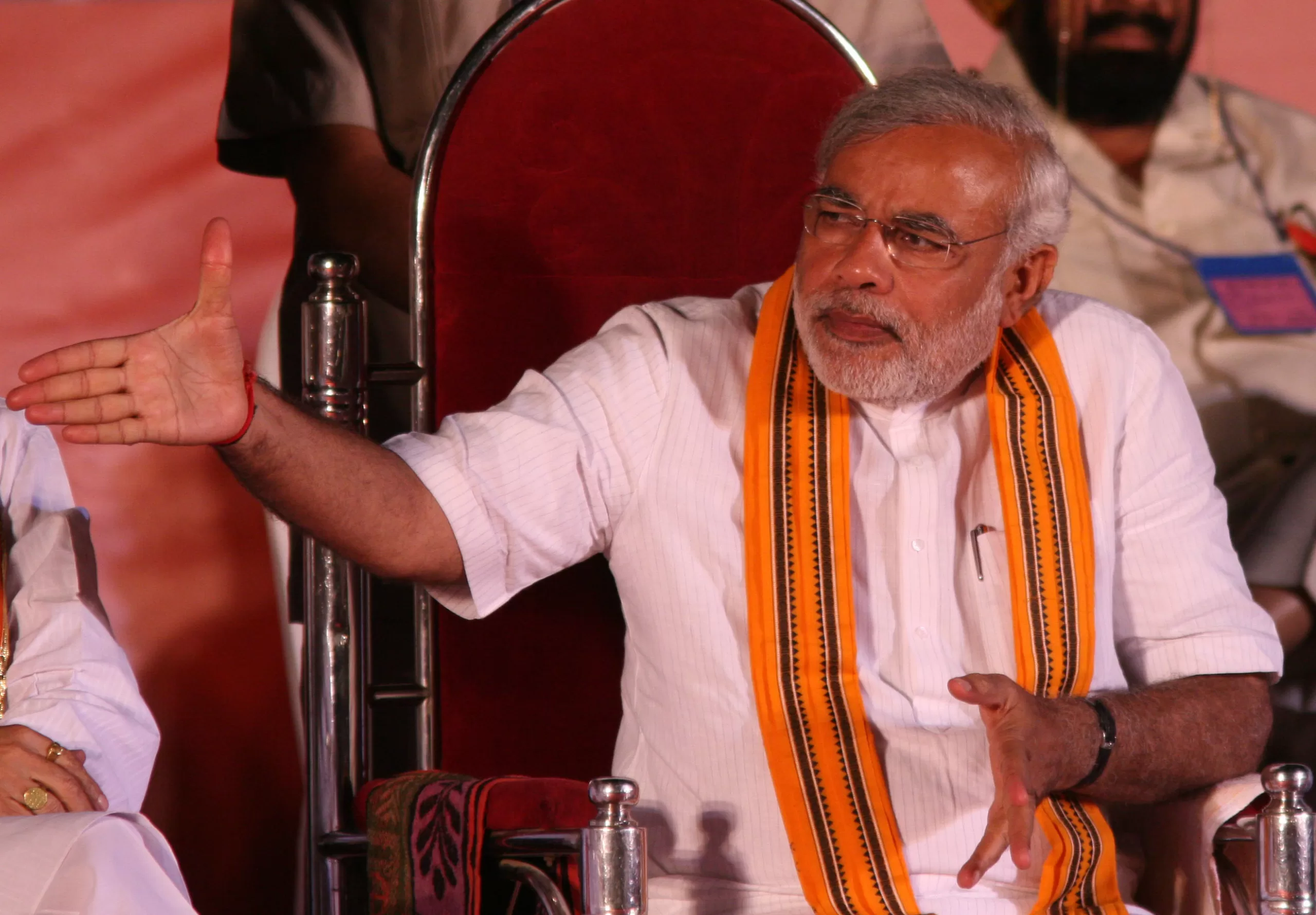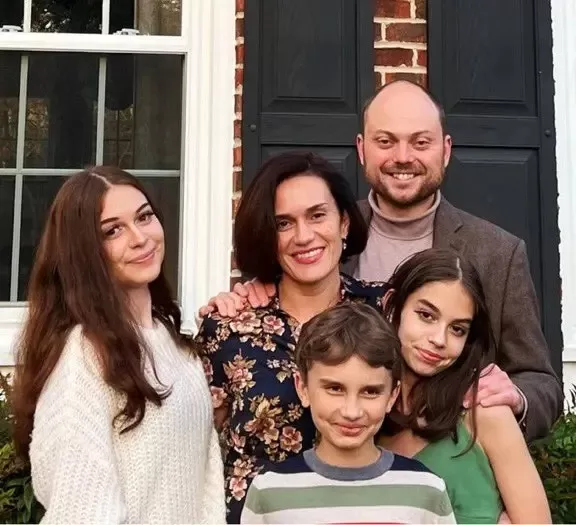
President Rajapaksa claims his hands are when it comes to free speech. (Image Chamila Karunarathne/Demotix)
A Channel 4 News team was yesterday barred from travelling to the north of Sri Lanka by a group of angry protesters blocking their train. The pro-government crowd claimed that the reporters were getting money from the Tamil Tigers (LTTE). The crew were eventually escorted out by the police.
Channel 4 News editor Ben De Pear was live tweeting the ordeal. “It seems it is mob rule in Sri Lanka, albeit orchestrated by the authorities to prevent free press access to the north of Sri Lanka,” he posted at the time.
Channel 4 has angered the government of President Mahinda Rajapaksa with a series of documentaries and reports on the alleged of death of some 40,000 Tamils – the figured comes from the UN – in the last weeks of the country’s 30 year long civil war, which ended in May 2009. They have also covered subsequent allegations of human rights abuses like torture and disappearances, levelled at security forces. But De Pear tweeted Rajapaksa had said Sri Lanka is a free country, where you can “go anywhere”.
This comes on the day before the start of the Commonwealth Heads of Government Meeting in the capital Colombo. The biannual summit has been marred by coverage of the continuing poor state of fundamental human rights in the country, with Commonwealth members like India and Canada boycotting in protest. Britain, however, will be attending, with Prime Minister David Cameron stating it is better to confront the country than isolate it. Unlike MPs from Australia and New Zealand on a human rights fact finding mission, who were on Sunday detained and deported, he will presumably be able to enter the country. And with human rights not even on agenda to be formally discussed during the meeting, there are a number of recent issues the Prime Minister can raise in his “serious questions” to President Rajapaksa.
While what has happened to Channel 4 is unacceptable, it is nothing compared to the conditions local journalists work under. Since the murder of Lasantha Wickrematunge in 2009 and the disappearance of cartoonist and columnist Prageeth Eknelygoda in 2010 – neither properly investigated – the country’s media face ongoing repression under the Rajapaksa regime. While freedom of expression is protected in the constitution, little is done to protect it in practise. Intimidation is rife, with journalists attacked and beaten and printing presses destroyed. A recent example was the two-hour long raid on the home of editor and columnist Mandana Ismail Abeywickrema in August. She recently started a journalists’ trade union. Critical reporters have previously been labelled “traitors” by authorities, and at least 26 are currently in exile.
The regime also seems to have a problem with the right to free assembly and civil society gatherings. The vaguely worded 1979 Prevention of Terrorism Act is often used in government crackdowns. Only yesterday, families of disappeared people were barred by the military traveling to a candlelight vigil at an alternative Commonwealth meeting organised by human rights groups in Colombo. One of the conveners of the Alternative People’s Forum, Dr Nimalka Fernando, which is boycotting all official Commonwealth events, was subject to on-air threats from the Chairman of the Sri Lanka Broadcasting Corporation – a state owned radio station.
There is also the case of continuous allegations of torture and forced disappearances levelled at at government and security forces. A recent BBC report by Fergal Keane suggested that while repression has been taking place under successive governments, activists say the situation has worsened under the current regime. A priest who helps victims of torture in the country told the BBC “those who criticise or question the government are being silenced in a very brutal way”.
The government has denied all allegations of human rights abuses, with President Rajapaksa saying today that they ended the killing by defeating the Tamil Tigers. But with the Commonwealth “committed to the Universal Declaration of Human Rights” leaders have a responsibility to hold the Sri Lankan government to account. Hopefully David Cameron’s questions will indeed be serious.





